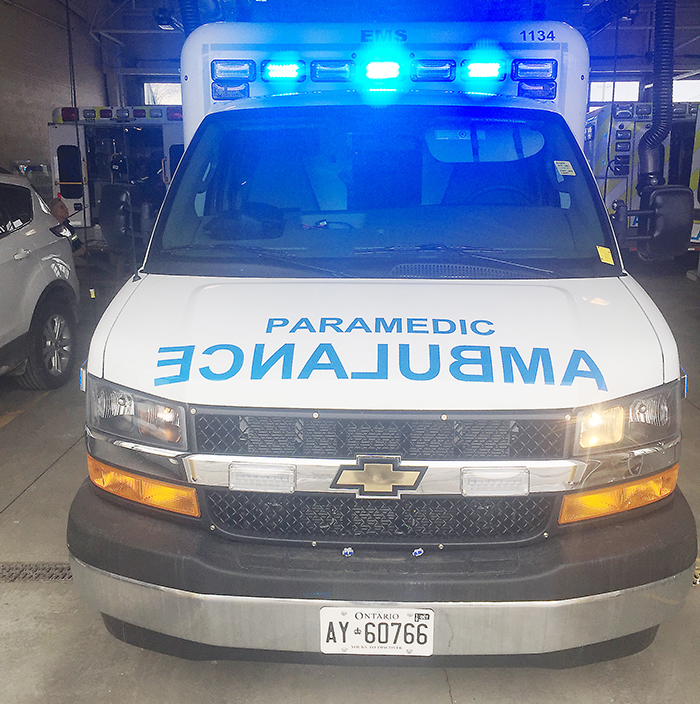
Whenever local autonomy is lost to government-imposed service centralization, it leaves communities with many questions and concerns.
Each community, including Chatham-Kent, is unique with its own set of local needs and issues to be addressed. So, it really is no surprise the Chatham-Kent Health Coalition is joining its Ontario counterparts to oppose the proposed mergers of ambulance services and public health units.
Going from 35 health units to 10 and centralizing services means C-K could be in danger of having a city-centric “one-size-fits-all” solution imposed on us – a widespread, rural municipality.
The same can be said of the centralization of ambulance service. Currently, there is an excellent working partnership between our first responders in Chatham-Kent, and we are able to adjust service according to our local need.
If every need put forward has to go to an office elsewhere, sent up the chain for consideration, then returned, it could be months before crucial decisions are made on public health. We shudder to think of delays as dispatchers from a hundred or more kilometres away try to figure out the location of the call for help.
With no plan for how this centralization is going to work for municipalities to consider, the Ford government is asking us to blindly trust that our needs and concerns will get swift and fair consideration, and will be the best plan for our community.
Cost savings, while an important consideration, shouldn’t be put before the health and welfare of Ontario’s citizens, especially when, often, centralization doesn’t bring anything but a top-heavy, bloated bureaucracy.
Assurances from government that this idea will work and save money aren’t really worth the paper they are written on.
They need to look long and hard at centralization before they take any action. It would be more prudent to have Ontario Health Teams in place to help advise policy makers on the needs of each community, and give municipalities a larger voice since they have to foot some of the bill.
Rural ambulance service and public health programs are a much different animal than city-based needs and wants, and that needs to be acknowledged.






